
You can catch a cold from air conditioning
This particularly popular myth has been going around for ages but yes it is a myth. While the air conditioning will not make you catch a cold, extreme changes in temperature can weaken your immune system and if those around you have a cold, you could be more susceptible. So while cold air alone won’t make you sick, jumping from the sweltering heat to the icy cool freshness of your air conditioned home, can make you more susceptible to catching a virus.
The best thing to do is avoid extreme heat whenever possible and keep your air conditioning at a refreshing but moderate level. This will prevent your body from feeling excessive fluctuations and allow for more gradual body temperature changes.
Read more to learn about nine more summer health myths.

Any drink will rehydrate you on a hot day
While a soft drink or ice-cold beer may really feel like they’re hitting the spot, they aren’t doing the job you need them to do. In fact, it’s a myth that any drink will rehydrate you. Drinks high in sugar or alcoholic beverages will actually further dehydrate you. If you’re engaging in physical activity in the heat you’ll need even more water to keep from dehydrating, so always bring plenty along with you.
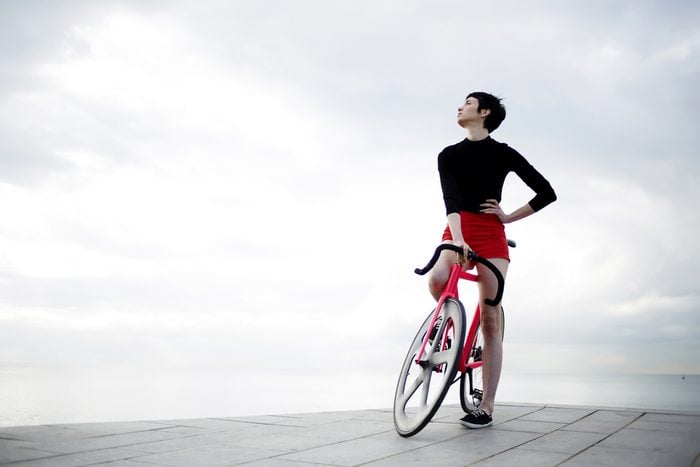
You can’t get a sunburn on a cloudy day
This is one myth that, if believed, can have harsh consequences. Even the thickest of clouds do not have the ability to block out UV rays. The sun may be hidden away, but it’s still there and although the breeze may keep you feeling fresh and cool, you are still at risk for sunburn. In fact, some of the worst sunburns occur on cloudy days, when people feel cool enough to stay out all day long. The best way to protect your skin is to wear adequate sun protection and minimize your time outdoors between peak hours of the day. If you absolutely have to be out all day, be sure to take breaks and find shelter every 20 to 30 minutes.
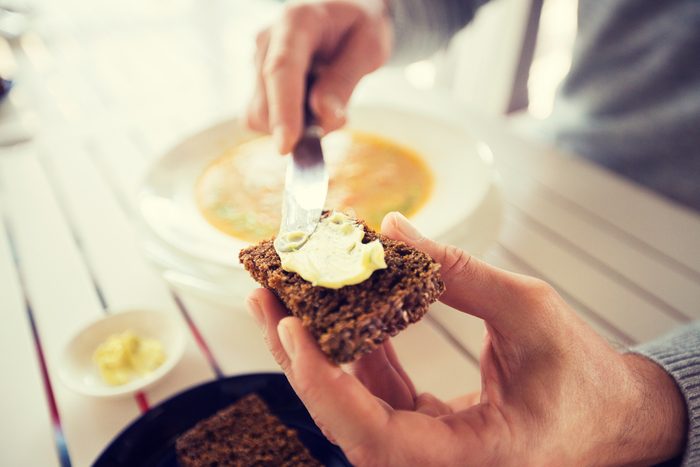
Butter soothes sunburn
Putting butter on a sunburn is certainly not going to soothe the pain. In fact, it may even make the pain worse or delay the healing process. There are also concerns that butter may contain bacteria and could cause an infection. Instead, apply aloe vera gel. If you feel that isn’t enough, ask your pharmacist or visit your doctor to find out about other options that might be right for you.
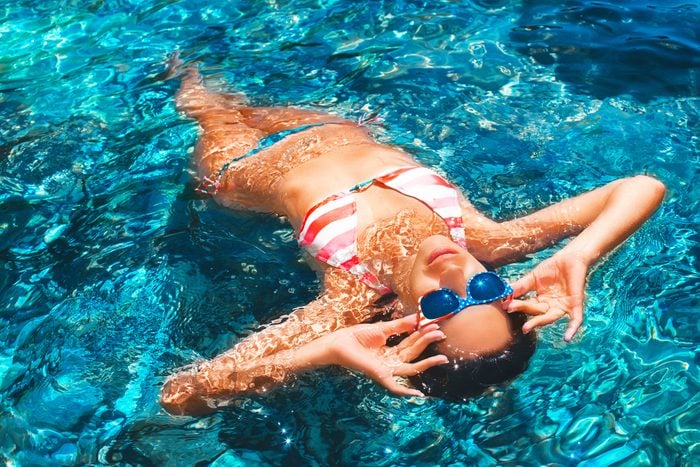
A swim in the pool can replace a shower
Unfortunately, this is a myth. This is especially important to keep in mind when using public pools, where swimmers often do not shower before entering the water. Public pools have a high level of chlorine but there is still plenty of bacteria, so be sure to wash off once you’re done swimming. If you’re using a private pool or a salt-water pool, it is still not a good substitute for a shower.
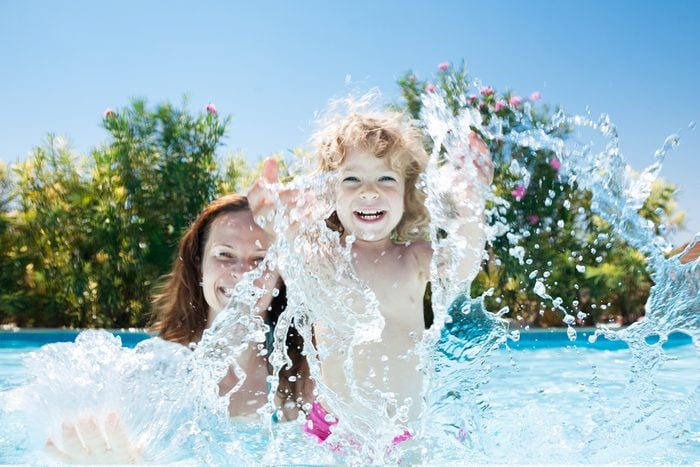
Swimming on a full stomach will make you ill
No, swimming on a full stomach will not make you sick but it can give you cramps. While cramps are not the end of the world, they can be uncomfortable. This is because your stomach is full and not finished digesting. But, if you can swim laps in a pool right after a meal, go right ahead. Don’t let the half-hour rule stop you anymore. Of course, if your meal included alcohol, you shouldn’t go swimming.

Dark-skinned people don’t need SPF
It’s true that people with more pigment in their skin are much less likely to burn than those who are paler, but the truth is that everyone is at risk for skin cancer. Although it may not leave any nasty red burns behind, the sun’s UV rays are damaging to everyone. The best ways to protect your skin is by minimizing exposure to the sun and wearing adequate sun protection when outdoors.
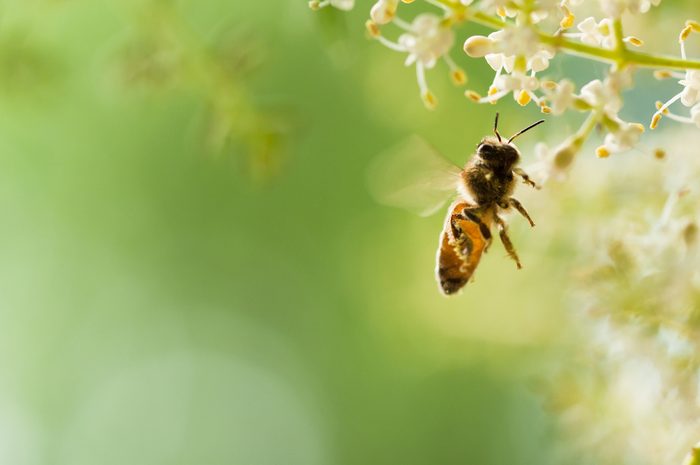
You have to scrape or suck out the bee stinger if you get stung
While you do have to remove a stinger, the notion that scraping or sucking it out will help is pure myth, and one that could make things worse. The object used to scrape it out could transfer bacteria to the opening in the skin, and scraping is also more likely to break the stinger, making it even harder to remove. The longer a stinger stays in the body, the more painful the bee sting will be. Sucking it out is also ill-advised. If you do manage to suck it out, you are only spreading the venom to your mouth. The best thing to do is squeeze out the stinger as quickly as possible. Squeezing will allow the stinger to come out smoothly, in tact, and won’t cause any further infection. Of course, be sure to disinfect the area afterwards.
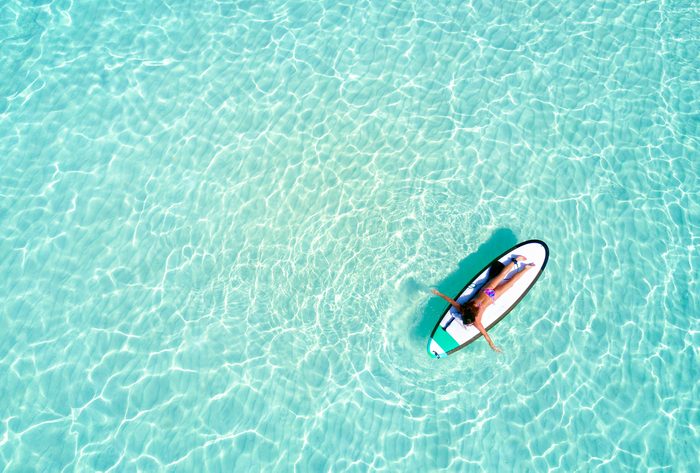
Sea water helps heal wounds
We’re not sure how this myth got so popular when everyone knows putting salt on an open wound is nothing but painful. Not salt nor salt-water will help heal your wounds. In the case of seawater, you could make the wound worse because the bacteria living in seawater may penetrate open cuts and potentially cause infection. If you happen to cut yourself, disinfect the wound with hydrogen peroxide, saline spray or soap and water, wrap a bandage around it and keep it clean until it’s healed. Of course, if you’re very concerned, seek medical attention right away.
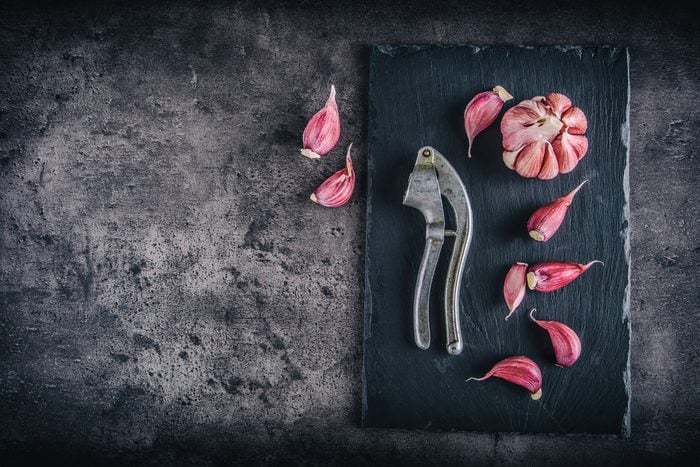
Eating garlic will keep mosquitoes away
This myth will likely keep many people away from you but unfortunately, it won’t have the same effect on blood-sucking mosquitoes. To really keep mosquitoes away, try using bug spray or placing lavender oil behind your ears. Mosquitoes and bugs are repelled by lavender and will stay away from you if you have it on.
